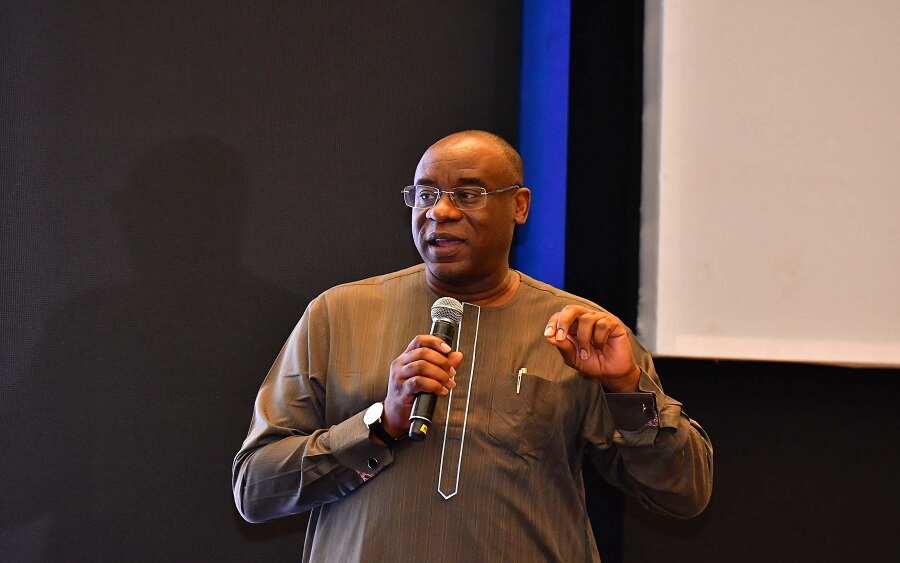[ad_1]
- The Central Bank of Nigeria has mopped up about N150 billion via Open Market Operations
- The move aims to reduce excess liquidity in the system, fight inflation and naira depreciation
- The apex bank began the operation on Thursday, August 10, 2023, and sold various tenured instruments
The Central Bank of Nigeria has mopped up about N150 billion via the Open Market Operation (OMO) auction on Thursday, August 10, 2023, to fight inflation and reduce excess liquidity, putting pressure on the Forex market.
The OMO auction began around 9.40 am on Thursday, August 10, 2023, and closed at 10.40. It had N30 billion in 96-day tenured bills, N40 billion in 187-da7, and N80 billion in 362-day bills.

Credit: National Archives
Source: Facebook
CBN’s move aims to reduce excess cash in the system
The move is CBN’s first auction since July, when it raised interest rates.

Read also
“$900/$”: Dangote Cement, MTN, 8 other companies lose over N630bn in 6 months after Tinubu, CBN naira decision
PAY ATTENTION: Follow us on Instagram – get the most important news directly in your favourite app!
On Thursday, August 10, 2023, the naira plummeted further to N920 per dollar at the parallel market.
According to BusinessDay, information from FMDQ revealed that the naira began trading at N757 on Wednesday, August 9, 2023, at the official Investors and Exporters (I&E) window.
CBN’s auction aims to mop up excess liquidity in the system to check inflation which currently stands at 22.79%.
CBN sells Treasury Bills in two market platforms: The primary market and the secondary market called OMO.
The secondary market is where banks and other authorized dealers change T-Bills.
Nigerian T-Bill yields across short, medium, and long-term tenors have soared after the CBN narrowed its interest rate.
An asymmetric corridor is a tool CBN uses to increase the flexibility of monetary policy.
Access Bank, Zenith Bank, UBA, others increase borrowing from CBN to fight cash crisis
Legit.ng reported that there are signs that the banking sector is under some liquidity squeeze as they resort to the Central Bank of Nigeria (CBN) for cash.
Although a few top banks maintain some level of liquidity, reports say the whole money market is already feeling the pressure of low cash supply, affecting transactions in treasury instruments.
Banks’ borrowing from CBN increased by 107%, month-month to N755.64 billion in July.
Source: Legit.ng
[ad_2]
Source link






